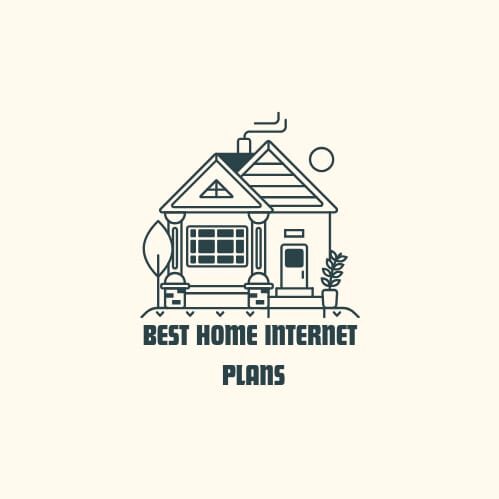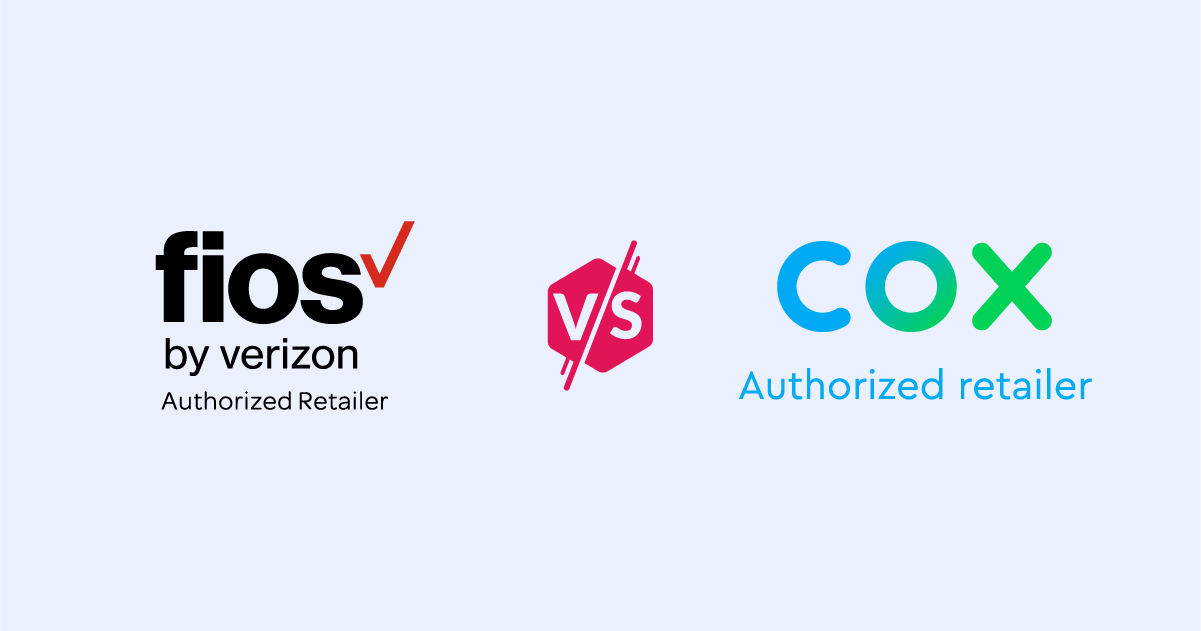Reliability and Consistency of Verizon 5G Home Internet vs Cox
Verizon 5G Home Internet: One of the key advantages of 5G technology is its potential for high reliability and low latency which translates to fewer disruptions and faster response times. However, because 5G is still being rolled out, its reliability can vary significantly based on geographic location. In densely populated urban areas with extensive 5G infrastructure users can expect a stable and fast connection. Conversely, in areas where 5G towers are sparse users might experience occasional drops in service or fluctuating speeds.
Cox Communications: Cox hybrid fiber coaxial network is a well-established technology known for its reliability. The combination of fiber-optic backbone and coaxial cable provides a stable connection that is less susceptible to the environmental factors that can affect wireless technologies like 5G. This makes Cox a dependable choice for users who prioritize a consistent and steady internet connection, especially in areas where 5G coverage is not yet comprehensive.
Flexibility and Scalability of Verizon 5G Home Internet vs Cox
Verizon 5G Home Internet: Verizon 5G Home Internet offers great flexibility particularly for households and small businesses that may move frequently. The plug and play nature of the 5G modem means that users can easily take their internet service with them without the need for new installations or waiting for service transfers. Additionally as 5G technology continues to evolve and expand users can expect continuous improvements in speed and coverage making it a scalable solution for future needs.
Cox Communications: Cox provides a range of plans that cater to different levels of internet usage from basic browsing to high demand streaming and gaming. This tiered approach allows users to select a plan that best fits their current needs and upgrade as their requirements grow. However the need for professional installation and potential contract commitments can make it less flexible compared to Verizon’s 5G solution.
Environmental Impact of Verizon 5G Home Internet vs Cox
Verizon 5G Home Internet: 5G technology requires a significant number of small cell sites to provide comprehensive coverage which can have varying environmental impacts. These small cells use less power than traditional cell towers but the cumulative energy consumption can be substantial due to the sheer number of units required. On the positive side 5G efficiency can lead to better energy usage in the long run especially as the technology matures.
Cox Communications: Cox has initiatives aimed at sustainability including reducing the carbon footprint of their operations and promoting energy efficient practices. The existing infrastructure combining fiber and coaxial cables, does not require the extensive deployment of new hardware that 5G does, potentially resulting in lower immediate environmental impact.
Future Prospects of Verizon 5G Home Internet vs Cox
Verizon 5G Home Internet: As 5G technology continues to develop, its capabilities are expected to grow significantly. Future advancements could include even faster speeds, lower latency, and broader coverage areas. This makes Verizon 5G Home Internet a forward-looking choice for tech enthusiasts and early adopters who want to be at the forefront of internet technology.
Cox Communications: Cox is also investing in future technologies including expanding its fiber network and exploring new ways to enhance internet delivery. While it may not have the cutting-edge appeal of 5G, Cox’s focus on incremental improvements and maintaining a stable infrastructure ensures that it remains a reliable choice for the foreseeable future.
Customer Service and Support of Verizon 5G Home Internet vs Cox
Verizon 5G Home Internet: Verizon is known for its robust customer support offering various channels for assistance including phone, chat, and in-store support. The company has received positive feedback for its prompt and effective customer service.
Cox Communications: Cox provides multiple customer service options, including phone support live chat, and in-store assistance. However customer satisfaction ratings for Cox have been mixed with some users reporting issues with billing and service interruptions.
Conclusion of Verizon 5G Home Internet vs Cox
Choosing between Verizon 5G Home Internet and Cox depends largely on individual needs and circumstances. Verizon 5G Home Internet is an excellent choice for those seeking cutting-edge technology high speeds and low latency particularly in areas with strong 5G coverage. On the other hand Cox established network offers broader coverage a variety of speed options and reliable performance making it suitable for a wider range of users including those in rural areas.
Final Thoughts of Verizon 5G Home Internet vs Cox
Both Verizon 5G Home Internet and Cox Communications offer distinct advantages that cater to different segments of the market. Verizon 5G Home Internet stands out for its innovative technology high speeds and ease of installation making it an excellent choice for tech savvy users in urban and suburban areas. On the other hand Cox established network broad coverage, and reliable performance make it a dependable option for a wide range of users, including those in rural regions.

